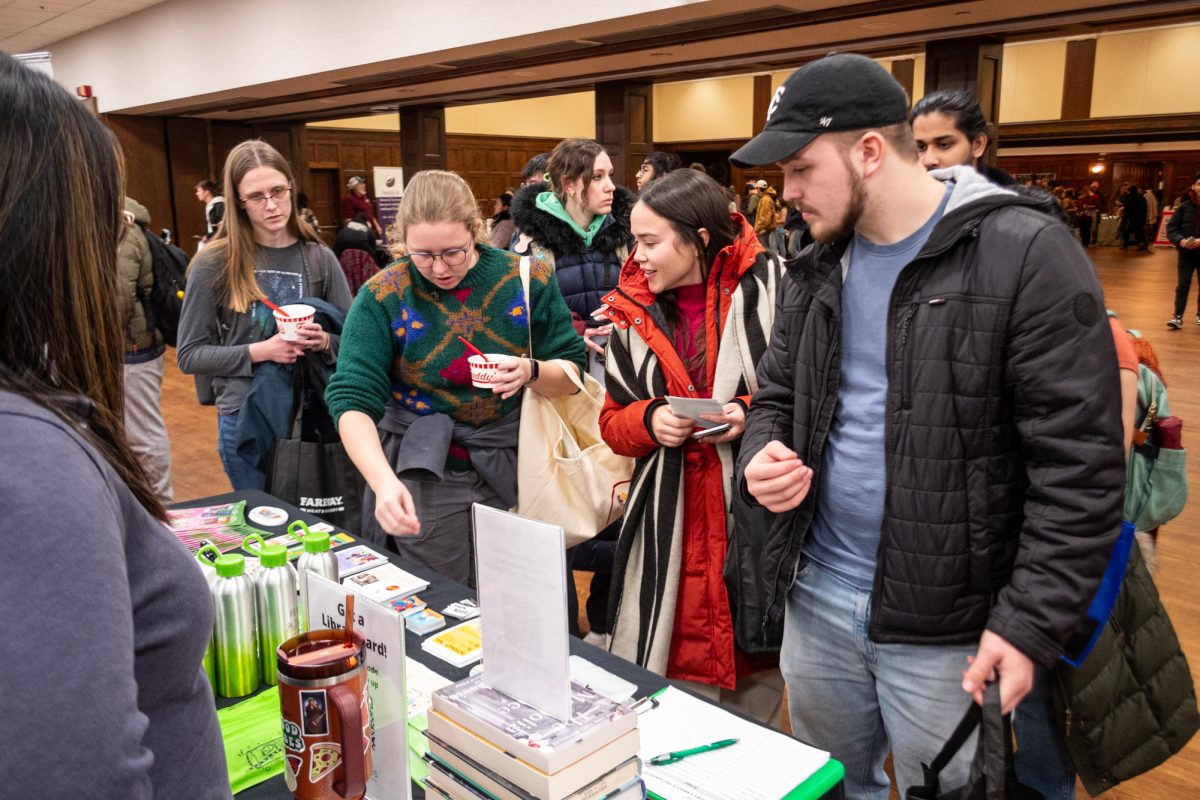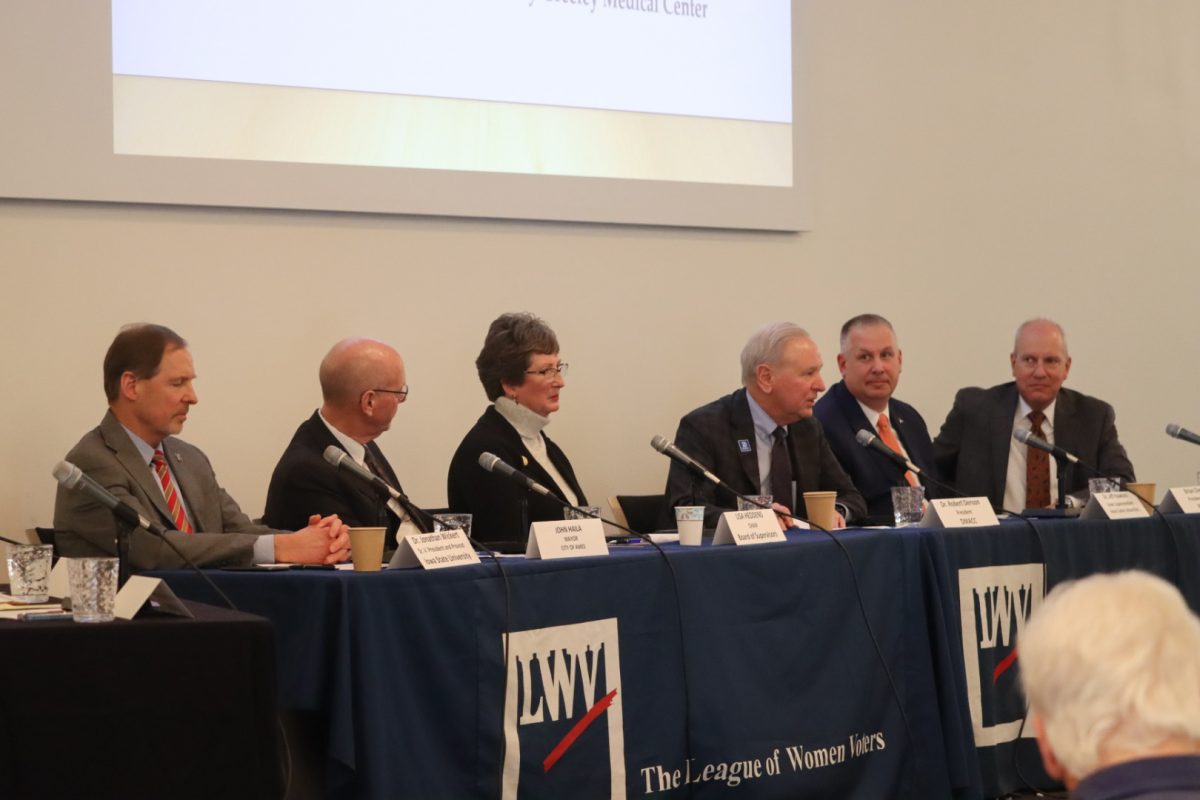Future plans yet to be determined
March 24, 2005
University and city officials have begun outlining specific changes that will occur when Veishea resumes in 2006.
ISU President Gregory Geoffroy said the modifications would continue to be defined during the coming months as students, university officials and the community work together to plan Veishea’s comeback.
Plans include canceling or moving events from Welch Avenue to Central Campus, forming an education campaign on the disciplinary consequences of illegal behavior, gathering greater involvement in the event from students, university officials and community members in order to instill a sense of pride, and possibly abandoning the dry Veishea ban on alcohol, Geoffroy said.
Ashley Glade, Leaders INspiring Connections co-chairwoman, said changes are still “on the table.” She said all of the goals for Veishea have been outlined, but in many cases a specific plan is yet to be defined.
“I think that flexibility is key, and people recognize that,” said Angela Groh, Government of the Student Body president-elect. “We need the opportunity to work together still. Many of the plans had to follow President Geoffroy’s decision.”
Groh said the discussion process will continue, allowing for opportunities to increase diversity and input in planning.
Ames Police Chief Loras Jaeger said public safety officials are developing ways to discourage nuisance parties and effectively disperse crowds, both of which were needs expressed by students.
“What we hope to do is to stop riots from occurring,” he said. “When people start to project rocks and try to tip over cars, there is not much you can do to prevent the standoff situation from occurring at that time.”
Law enforcement agencies would like to develop a closer working relationship with students, Jaeger said, but he feels students are hesitant to interact with law enforcement officials. He said the Ames Police Department likes to hire ISU graduates and would like to see more students get involved with the department through internships. By developing a working relationship, law enforcement officials and students would gain a mutual understanding, he said.
Geoffroy said a summit is planned for the fall where experts from across the nation will meet with students, university officials and community members to develop and implement strategies for responding to disturbances.
Ames City Manager Steve Schainker said the summit will focus on more than Veishea, and the discussions will expand to promoting the “one community” concept by working together to develop solutions. He said the city hopes to find ways to promote dialogue for the long term, and not just for the time leading up to Veishea.
Schainker said the city will be involved with the Veishea changes through the ongoing discussions, working as a support for university decisions.
LINC’s Glade said she is optimistic about the future of Veishea, and said the changes may have been needed regardless of the disturbances but had not been recognized because of the way in which traditions often become “comfortable.”
“I think that the core values of Veishea — showcasing Iowa State and putting its excellence on display — will not change whatsoever,” Glade said.






